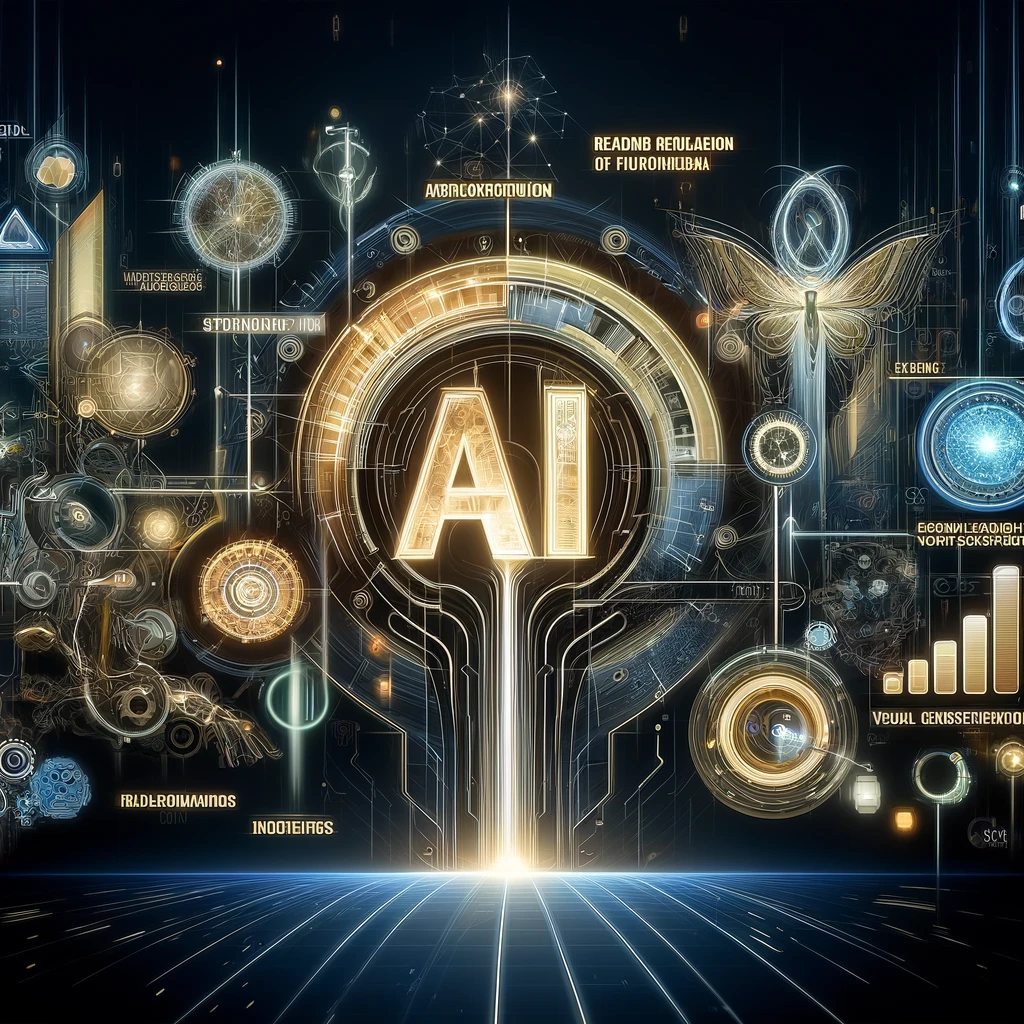April 21, 2024 Stanford University’s Institute for Human-Centered Artificial Intelligence (HAI) has published the seventh annual issue of its AI Index report, finding that artificial intelligence (AI) now outperforms humans in nearly all standard performance tests. This comprehensive report, authored by an interdisciplinary team of experts from both academia and industry, illustrates AI’s rapid advancement and its expanding role across various sectors.
The report analyzes multiple aspects of AI integration, from its adoption across different industries to global attitudes towards its economic impact. However, the highlight is undoubtedly AI’s comparison against human capabilities. Over recent years, AI has managed to surpass human performance in key areas including image classification in 2015, basic reading comprehension by 2017, visual reasoning in 2020, and natural language inference as of 2021.
The pace at which AI is evolving has rendered many traditional benchmarks obsolete, prompting researchers to propose new metrics that not only measure AI’s competence but also explore the nuanced differences between human and machine intelligence. The need for new benchmarks aims to identify remaining human advantages over AI systems.
The AI Index report also delves into AI’s capabilities in performing complex cognitive tasks like advanced mathematics and visual commonsense reasoning. For instance, AI’s proficiency in solving competition-level math problems has seen remarkable improvements; a GPT-4-based model solved 84.3% of such problems in 2023, nearing the human baseline of 90%.
Despite these advancements, the report suggests that AI still faces challenges with tasks requiring deep cognitive abilities, such as visual commonsense reasoning (VCR). VCR tests AI’s ability to use contextual knowledge in visual scenarios to make predictions. Here, AI scored 81.60 in 2023, closely trailing the human baseline of 85.
The implications of these advancements are profound, signaling a shift in the landscape of employment, privacy, security, and ethical considerations. As AI continues to evolve, it raises crucial questions about the future integration of these technologies in daily human activities and the broader societal impact.
The Stanford report not only highlights AI’s capabilities but also its potential to redefine the boundaries between human and machine contributions to society. The ongoing research and the development of new performance benchmarks are crucial to understanding and harnessing AI’s full potential responsibly.



